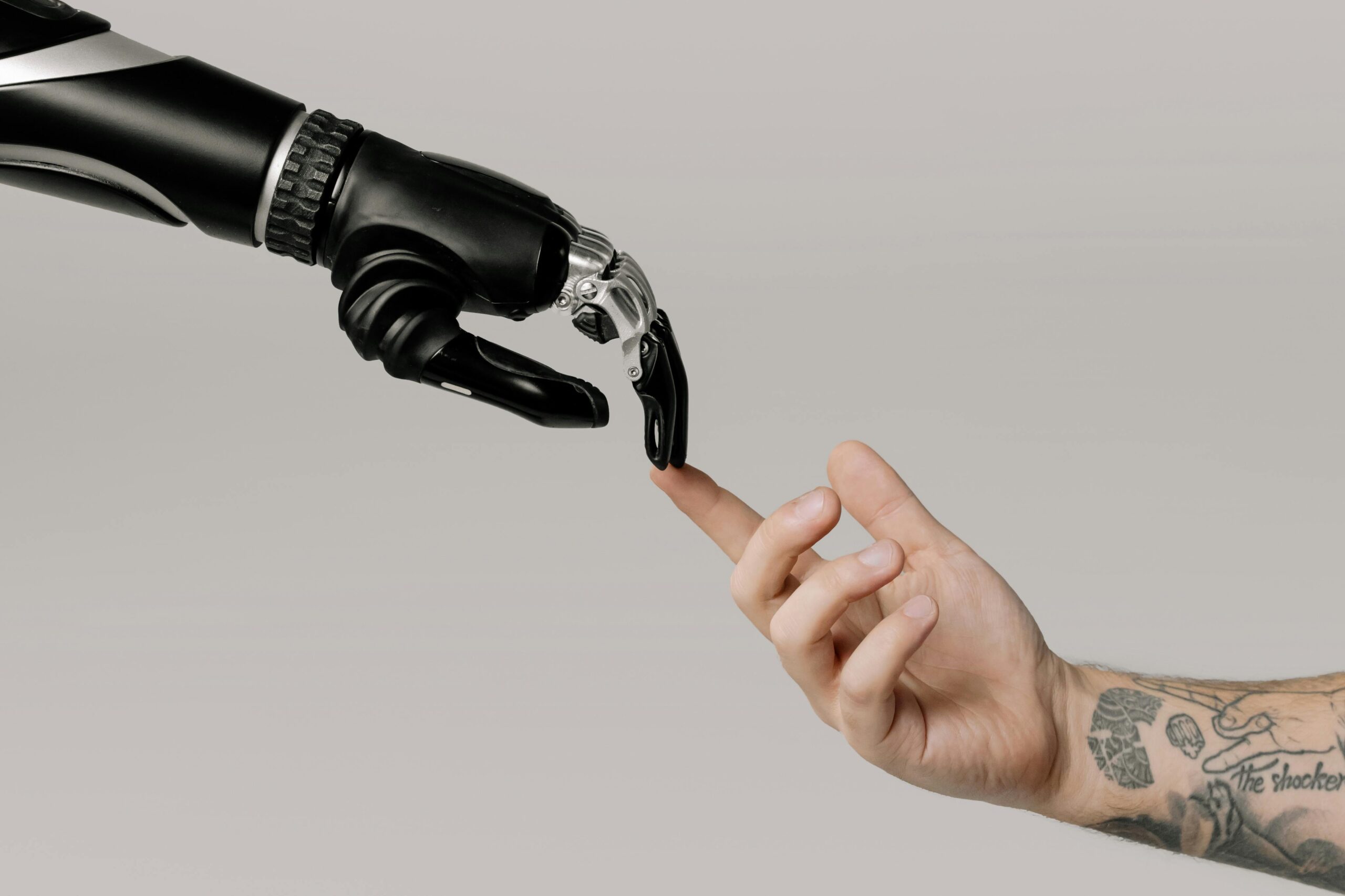Think artificial intelligence. Think images of sleek efficiency, of tasks performed with seamless precision, of a future sculpted by algorithms and data. AI is a smooth operator, gliding through complex processes with effortless grace. AI is articulate, capable of generating text, translating languages, and even composing music with remarkable fluency. And the overwhelming consensus is that AI is inevitable, a force that will reshape industries, redefine jobs, and permeate the very fabric of our lives.
The Undeniable Power of AI
These pronouncements hold a significant degree of truth. AI’s capacity to automate repetitive tasks, analyse vast datasets, and generate creative content is undeniable. It promises increased productivity, groundbreaking discoveries, and solutions to some of humanity’s most pressing challenges. The allure of this technological prowess is strong, particularly for today’s youth, who I often have the chance to interact with. They are growing up in a world increasingly mediated by digital interfaces and intelligent systems.
The Crucial Caveat: AI is Not You
Yet, amidst this undeniable wave of technological advancement, it comes with a crucial caveat. Here’s one thing AI is not. It’s not a replacement for who YOU are.
As today’s youth navigate the burgeoning landscape of artificial intelligence, here’s the risk: we may not just outsource tasks due to convenience and efficiency. But we may also outsource our thought processes, creative impulses, and ultimately, a sense of self. In the intoxicating ease of AI-generated content and solutions, there’s a potential for the unique perspectives, the individual insights, the very essence of “I” to become diluted or even lost.
SO HERE’S THE DEAL
The Importance of Purpose in the Age of AI
In the exhilarating race to get things done and dusted with the seemingly magical touch of AI, it is so critically important to remain anchored to our purpose, to the fundamental “why” behind our actions and creations. Why do we choose the paths we do? What fuels our passions? What drives our curiosity? These are questions that AI, in its intricate algorithms and vast datasets, cannot answer for us.
The Uniqueness of Human Experience
Our individual journeys are woven from the rich tapestry of our experiences. The soaring highs of our dreams realised, the frustrating lows of our challenges overcome (or not), the sting of our failures, and the sweet taste of our successes – these are the threads that make our personal story complete. They shape our understanding of the world, inform our perspectives, and ultimately, drive our actions. AI, for all its sophistication, cannot replicate the visceral impact of a personal setback or the profound joy of an individual triumph. It cannot synthesise the unique blend of emotions and insights that arise from navigating the complexities of human existence.
Adding Your “Why” to AI Creations
Therefore, every time we leverage the remarkable tools that AI offers to create a piece of writing, a visual artwork, a musical composition, or a problem-solving strategy, we must not forget to imbue it with our own unique “why.” The AI can provide the structure, the style, even the initial ideas, but the heart, the soul, the distinctive perspective must come from us. It is the integration of our individual understanding, our personal experiences, and our unique lens on the world that transforms an AI-generated output into something truly meaningful and impactful.
The Danger of Passive Acceptance
The danger lies not in using AI, but in allowing it to become a substitute for our own critical thinking, our own creative voice, our own unique perspective. We must be mindful of the temptation to simply accept AI-generated outputs as the final word, without subjecting them to our own scrutiny, our own values, and our own understanding.
A Future of Amplified Humanity
The future will undoubtedly be shaped by the powerful capabilities of AI. But it is crucial that this future is not one where human individuality is homogenised by the efficiency of algorithms. Instead, it should be a future where AI serves as a powerful tool that amplifies human creativity, enhances human understanding, and empowers individuals to express their unique perspectives with greater reach and impact.
Composing Our Own
So, let us embrace the smooth operation, the articulate voice, and the inevitable presence of AI. Let us harness its power to augment our abilities and accelerate our progress. But let us also remain fiercely protective of our “I,” that irreplaceable core of our being that is shaped by our individual experiences, driven by our unique purpose, and expressed through our singular perspective. That’s who we are, and that’s who we will always be.











No Comments on The Smooth Operator, the Articulate Voice, the Inevitable Force: But AI Cannot Steal Your “I”